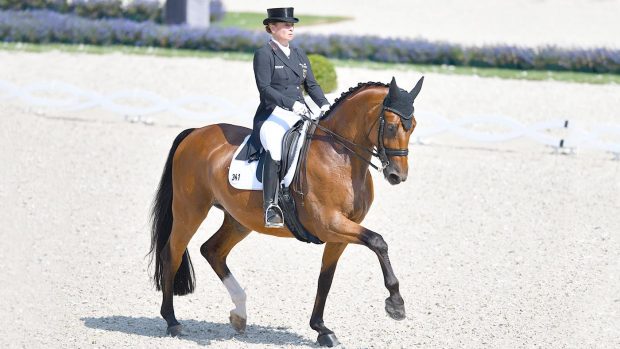The European Parliament has agreed that veterinary drugs such as bute should remain available for use in horses
The European Parliament took a positive step towards ensuring the continued welfare of horses in the UK last month, when it agreed horses should have access to a full range of veterinary medicines.
Debate over the use of certain veterinary medicines such as “Bute” (Phenylbutazone) in horses throughoutthe EU has been raging for years. The EU considers horses to be “food producing animals” and as such has maintained equine medicines without a known minimum residue level or mrl (how long it takes for the drug to leave the horse’s system)shouldn’t be administered for fear of toxic substances entering the human food chain.
However, the European Parliament has now acknowledged that EU vets should have the flexibility to administer a full range of equine veterinary medicines.
It also accepted that horses bred within Europe are mainly used for pleasure and sport, so are unlikely to enter the food chain and shouldn’t be considered the same as animals bred specifically for their meat, such as pigs, cows and sheep.
Kirsten Rausing, chairman of the European Federation of Thoroughbred Breeders’ Associations (EFTBA) welcomed the positive vote on horse medicines.
“The European Parliament has endorsed our view that horse medicines such as Bute (Phenylbutazone) should not be banned,” said Kirsten.
“EFTBA has been lobbying hard for several years to ensure vets can use a full range of equine medicines. We will now step up our activity with the European Commission andCouncil of Ministers, and urge them to accept the European Parliament’s view. Our vets must have the flexibility to treat horses with whatever medicines they consider best.”
The British Equine Veterinary Association (BEVA) also welcomes the European Parliament’s decision but acknowledges the fight is far from over.
“We welcome the acceptance of this long-term strategy for dealing with the availability of medicines for horses and hope that it will receive the support of Member States within the European Council,” says Alistair Barr of BEVA.
“However, this proposal is likely to take several years to become European Law. The short-term threat to equine medicines remains and we renew our call for the European Commission to recognise the damage to equine welfare which the withdrawal of marketing authorisations would create.”
The European Parliament’s vote now has to be agreed by the Council of Ministers (the member states which make up the EU) before any legislative changes can be passed.
It is hoped that this breakthrough will encourage equine pharmaceutical companies to continue developing new medicines, which may have been put on hold due to concerns about future legislation.
Read more about bute:





